John Collier crosses my path
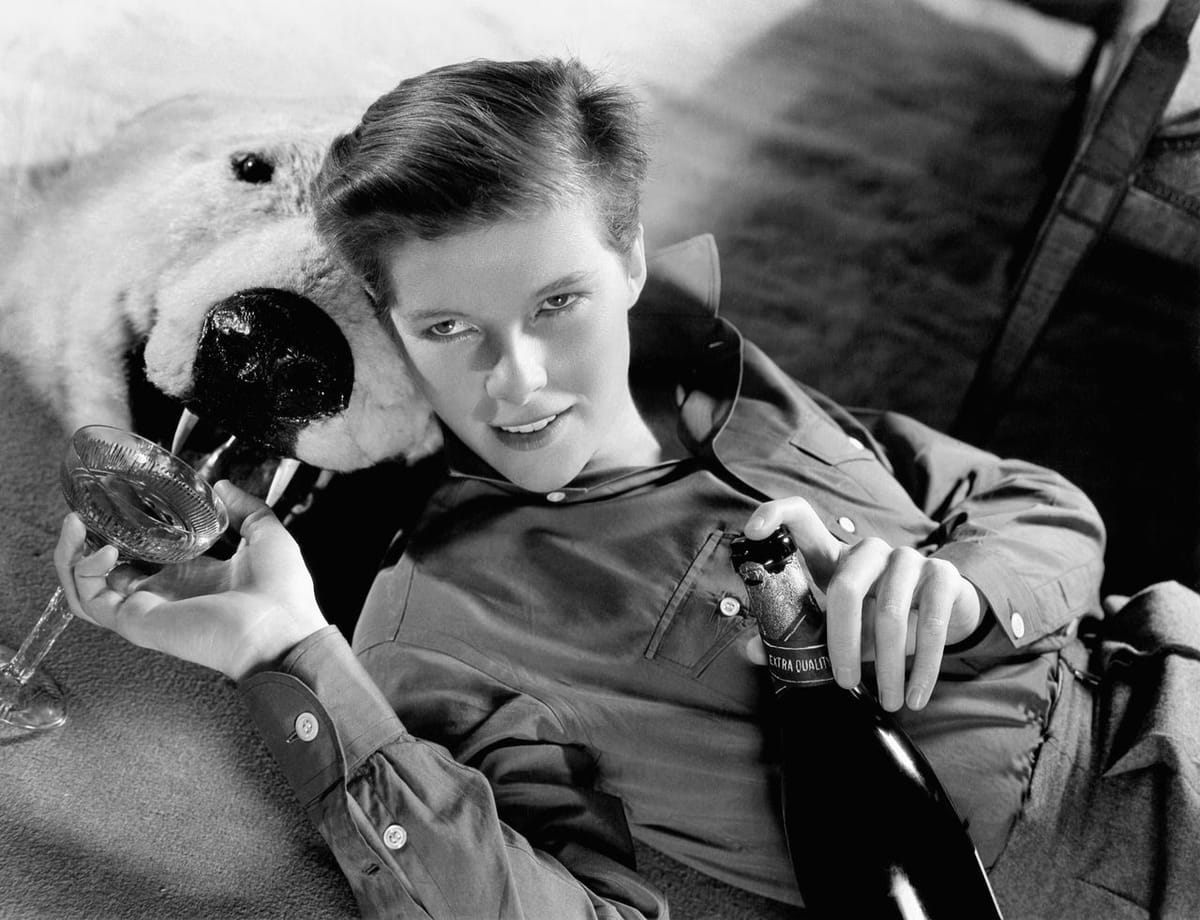
- writing on Cabaret, here, I find its antecedent stage-play, written by John Van Druten, award winner, 1952/53, where it adapted and dramatised Christopher Isherwood's Goodbye to Berlin, in turn adapted into a film bearing the same title as the play, I Am a Camera, screenplay by John Collier
- . . . who is a poet, short-story writer and novelist, or was, who is not the painter: John Maler Collier, responsible for:
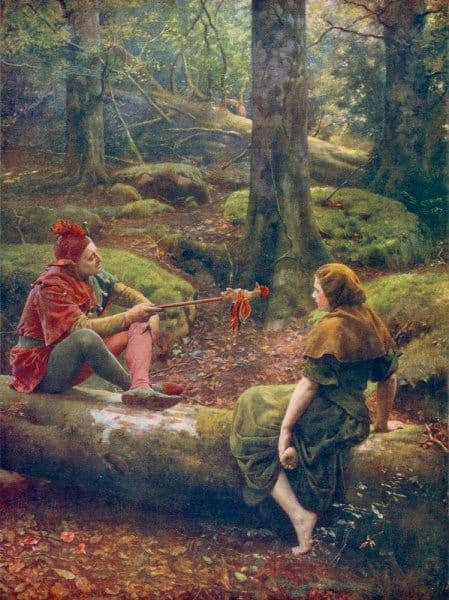

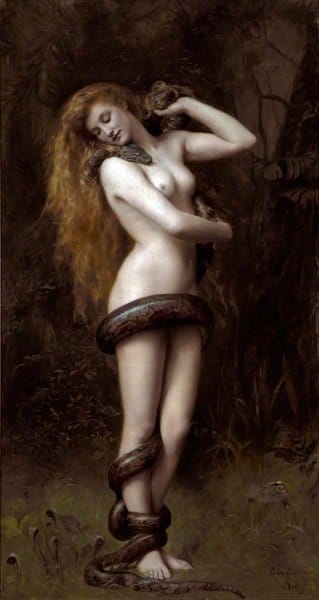
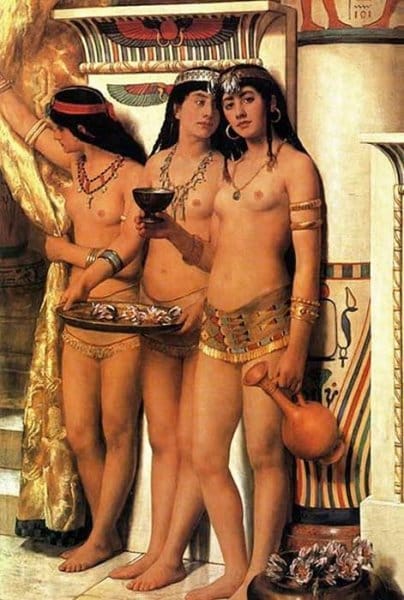
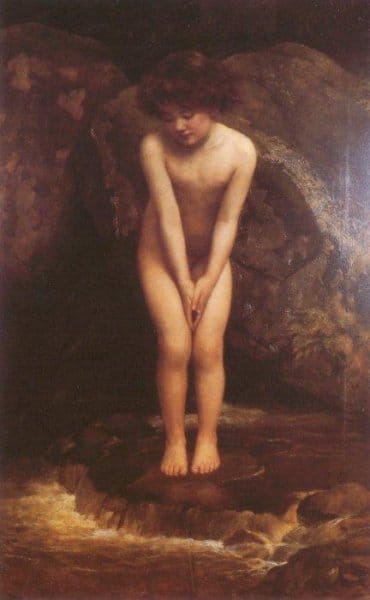
- but whose official website has been hijacked by the painter of the above;
- 3 May 1901–6 April 1980;
- Wiki: "He felt that his poetry was unsuccessful, however; he was not able to make his two selves (whom he oddly described as the 'archaic, uncouth, and even barbarous' Olsen and the 'hysterically self-conscious dandy' Valentine) speak with one voice."
- who, although he wondered that a third-rate writer like him could pass himself off as a second-rate writer, seems to have been a writer's writer, praised by Anthony Burgess, Wyndham Lewis and Peter Straub, whose The Hellfire Club I'm reading and who wrote, says Wikipedia with no supporting evidence, "fake, negative reviews, in admiration of Collier", much as he'd written coolly dismissive reviews of himself;
- Collier's "Evening Primrose" his most famous story, its characters, mannequins by day, by night free to consume what they want, inhabiting department store, are constrained from upsetting the prevailing order . . . recalling Bertrand Bonello's Nocturama, 2016:
- Evening Primrose adapted into a movie with music by Stephen Sondheim:
- . . . the same year Cabaret the musical premiered on Broadway, the year I was born, the year the film version was released, 1972, the year my brother was born;
- John Collier, who wanted to be a poet, became a screen-writer by mistake, he says, picture called Sylvia Scarlett, . . .
- director George Cukor, Collier having scarcely seen a motion picture in his life, Hugh Walpole had told Cukor he'd be right for the job and Cukor thought he was getting Evelyn Waugh;
- IMDb shows that another of Collier's stories was adapted for film, directed by Orson Welles, with Nancy Kulp (Beverly Hillbillies):
- . . . who can forget, which without Collier would not have been made:


